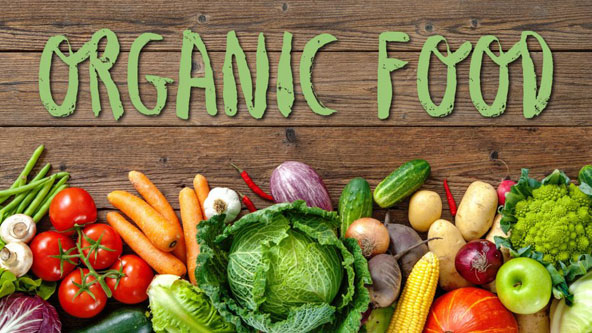A growing majority of Australia’s population prefer organic food. And because of this, stores started to rise solely for organic wholesale products and consumables. But what does organic food mean to consumers? And why is there strong support for the production and transport of organic products throughout Australia?
Understanding the Meaning of “Organic” Foods:
Organic foods refer to the entire agricultural chain of growing, harvesting and processing foods without the use of chemicals like pesticides and fertilisers. In some cases, even bioengineering has been discarded as part of being organic, and this doesn’t just refer to crops and vegetables only. Animals and livestock that are raised for the sole purpose of food or dairy are to be raised in such a way that they thrive on their natural way of living. An example of this would be allowing cows to graze instead of feeding them artificial fodder to enhance growth. No amount of synthetic hormones or other animal products are entertained under organic farming. Also, the removal of weeds or pests should be using manual effort or natural remedies such as birds, traps and organically approved processes. Happy Farm can protect and enhance the environment and organic produce hawkesbury community through their farming choices.
Organic Foods and Their Benefits
With the rise of many scientific journals and experts claiming the dangers of GMOs, pesticides and other chemicals on human health, a significant number of Australia is now switching to a much safer route. And eventually, the number of shops offering organic wholesale products began to see a significant rise, with estimated numbers to see a peak in the coming decade. As of 2020, organic farming in the country has a total market value of about 2 billion dollars, with the rising demand for organic products expected to bolster those numbers in the years to come. In order to understand why such a demand is prevalent, take a look at some of the advantages of organic foods:
-
No More Chemicals
Data shows that many harmful pesticides and fertilisers were used for agriculture with the introduction of GMOs in Australia. On the other hand, unlike regular farming, organic agriculture uses naturally derived products for pesticides or herbicides to monitor pest and weed infestations. GMOs’ harmful effects on human health are still a widely debated topic, sparking controversy among many communities across Australia banning its application in farming. GMOs aren’t the only things that are discarded in organic food processing and farming. Steroids, chemicals like antibiotics and hormones are all off the table, making the human body free of its after-effects.
-
Fresh Food
Since organic produce doesn’t use chemicals to stay in pristine conditions for a longer time, people can expect organic foods to be fresh right out of the ground. And, most of these are acquired from nearby local farms by shops and stores.
-
Environmentally Friendly
Organic foods are grown and processed using natural methods to increase the ground’s fertility and reduce water consumption during the process. Also, this way of farming uses a lesser amount of power compared to regular farming. Additionally, natural products tend to be good for the soil, the surrounding habitat and the environment as a whole.
-
Rich In Essential Nutrients and Minerals
Organic food is richer in specific nutrients and minerals essential for the human body. Cattle and poultry, or organic meat in general, also have healthy amounts of beneficial fat owing to the natural feeding of pastures and green grass.
The best way for customers to decide what to buy is by doing proper research by themselves. But, don’t get hung up on specific research journals or articles and explore various sources before finalising a decision. Nevertheless, if people want products to be free from GMOs, pesticides and other harmful chemicals, undoubtedly, organic foods are the best choice.


